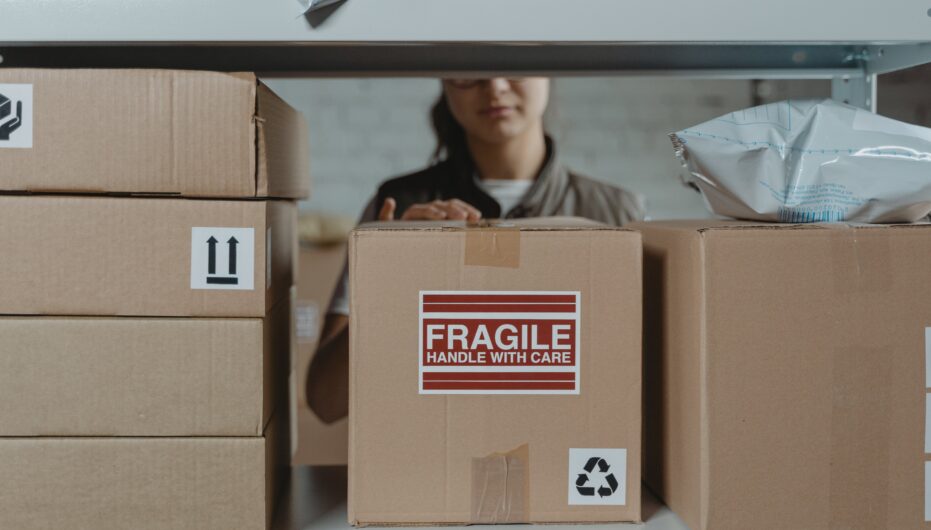In the fast-paced, modern world, the demand for efficient and diverse delivery services has skyrocketed. From the convenience of food delivery to the crucial transport of goods, various types of delivery services have emerged to cater to different needs. This article will delve into the intricacies of different delivery services, examining their unique features, applications, and the impact they have on our daily lives.
Traditional Courier Services
Traditional courier services form the backbone of the delivery industry. These services focus on transporting parcels, documents, and packages from one location to another, often with an emphasis on reliability and speed.
- Global Reach: Traditional courier services operate on a global scale, facilitating international shipments.
- Express Delivery Options: Many courier companies offer express delivery services for time-sensitive packages.
- Parcel Tracking: Advanced tracking systems provide real-time updates on the location of packages.
Food Delivery Services
The rise of food delivery services has revolutionized the restaurant industry. These platforms connect customers with local eateries, enabling the delivery of meals to homes and offices.
- Diverse Menus: Food delivery services offer a wide range of cuisine options from various local restaurants.
- Real-Time Tracking: Customers can track the status of their food delivery in real-time.
- Contactless Delivery: Many services now provide contactless delivery options for added safety.
Last-Mile Delivery
Overview: Last-mile delivery focuses on the final leg of the delivery process, from a distribution hub to the end-user. This type of service is crucial for e-commerce companies striving to enhance customer satisfaction.
- Local Warehouses: Companies strategically place warehouses in urban areas for quicker last-mile deliveries.
- Same-Day Delivery: Last-mile delivery often enables same-day or next-day delivery options.
- Efficiency: The emphasis is on optimizing routes for faster and cost-effective deliveries.
Freight and Cargo Delivery
Freight and cargo delivery services handle the transportation of large goods and commodities, serving industries such as manufacturing, construction, and retail.
- Bulk Transport: Freight services accommodate the transportation of large quantities of goods.
- Specialized Handling: Certain services specialize in transporting specific types of cargo, such as perishable items or hazardous materials.
- Freight Forwarding: These services often include freight forwarding, managing the entire shipping process.
Medical and Pharmaceutical Delivery
With a growing focus on health and well-being, specialized medical and pharmaceutical delivery services ensure the timely and secure transport of medical supplies, medications, and equipment.
- Temperature Control: Many pharmaceutical delivery services prioritize temperature-controlled transport for sensitive medical supplies.
- Regulatory Compliance: Adherence to strict regulations ensures the safe and secure delivery of pharmaceuticals.
- Emergency Deliveries: Some services offer emergency delivery options for critical medical situations.
Conclusion
The world of delivery services is vast and continually evolving to meet the diverse needs of consumers. From the traditional courier services that connect businesses globally to the innovative last-mile delivery solutions ensuring speedy e-commerce deliveries, each type of service plays a crucial role in shaping the way we receive goods and services. As technology advances and consumer expectations continue to rise, it is certain that the delivery industry will undergo further transformations, providing even more convenient and specialized services in the future.







